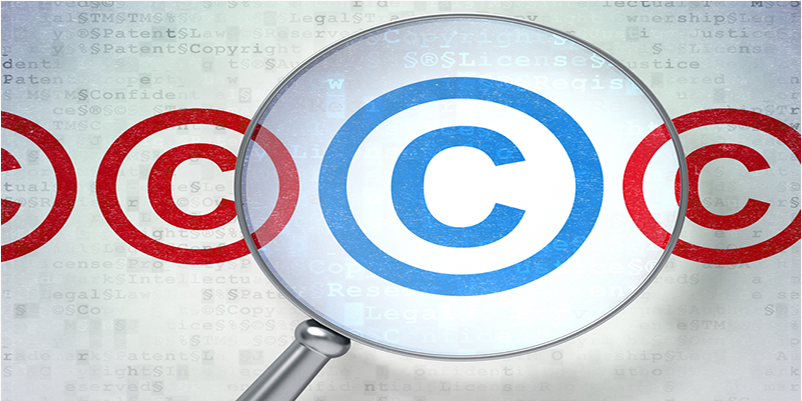You are viewing our site as an Agent, Switch Your View:
Agent | Broker Reset Filters to Default Back to List
Due to the ongoing situation with Covid-19, we are offering 3 months free on the agent monthly membership with coupon code: COVID-19A
UNLIMITED ACCESS
With an RE Technology membership you'll be able to view as many articles as you like, from any device that has a valid web browser.
Purchase AccountNOT INTERESTED?
RE Technology lets you freely read 5 pieces of content a Month. If you don't want to purchase an account then you'll be able to read new content again once next month rolls around. In the meantime feel free to continue looking around at what type of content we do publish, you'll be able sign up at any time if you later decide you want to be a member.
Browse the siteARE YOU ALREADY A MEMBER?
Sign into your accountYour Content and the Doctrine of Fair Use
April 10 2014
 Fresh, interesting and visitor-valued content is a challenge for every real estate professional in building out their web presence. Not only do we try to create our own totally original content, but we can also provide value to our site visitors by citing other articles around the Internet with real estate related content. The question is whether, and how much, content of others we can quote or copy into our posts or articles.
Fresh, interesting and visitor-valued content is a challenge for every real estate professional in building out their web presence. Not only do we try to create our own totally original content, but we can also provide value to our site visitors by citing other articles around the Internet with real estate related content. The question is whether, and how much, content of others we can quote or copy into our posts or articles.
The "Doctrine of Fair Use" gives us specific guidelines, and this article is taking information directly from the Copyright.gov website, the legal authority on the subject. First, a blanket statement: You cannot copy whole articles or blog posts legally, and simply giving the author credit or a link doesn't make it legal. This is a misconception shared by many website owners out there.
Every word you or anyone else creates as your original work is protected by copyright, and you don't need to file any documents to make that happen. If you write and publish it, the content is protected. Section 107 of the copyright law brings together numerous court decisions over the years to create the doctrine of fair use. Section 107 gives us four factors to consider in determining whether or not our use of someone's content is "fair use."
- The purpose and character of the use, including whether such use is of commercial nature or is for nonprofit educational purposes.
- The nature of the copyrighted work.
- The amount and substantiality of the portion used in relation to the copyrighted work as a whole.
- The effect of the use upon the potential market for, or value of, the copyrighted work.









